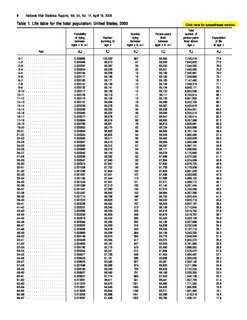
Actuarial science is the discipline that applies mathematical and statistical methods to assess risk in insurance, pension, finance, investment and other industries and professions. More generally, actuaries apply rigorous mathematics to model matters of uncertainty.

Financial regulation is a form of regulation or supervision, which subjects financial institutions to certain requirements, restrictions and guidelines, aiming to maintain the stability and integrity of the financial system. This may be handled by either a government or non-government organization. Financial regulation has also influenced the structure of banking sectors by increasing the variety of financial products available. Financial regulation forms one of three legal categories which constitutes the content of financial law, the other two being market practices and case law.

The Cooperation Council for the Arab States of the Gulf, also known as the Gulf Cooperation Council, is a regional, intergovernmental, political, and economic union comprising Bahrain, Kuwait, Oman, Qatar, Saudi Arabia, and the United Arab Emirates. The council's main headquarters is located in Riyadh, Saudi Arabia. The Charter of the GCC was signed on 25 May 1981, formally establishing the institution.

Welfare, or commonly social welfare, is a type of government support intended to ensure that members of a society can meet basic human needs such as food and shelter. Social security may either be synonymous with welfare, or refer specifically to social insurance programs which provide support only to those who have previously contributed, as opposed to social assistance programs which provide support on the basis of need alone. The International Labour Organization defines social security as covering support for those in old age, support for the maintenance of children, medical treatment, parental and sick leave, unemployment and disability benefits, and support for sufferers of occupational injury.

National Insurance (NI) is a fundamental component of the welfare state in the United Kingdom. It acts as a form of social security, since payment of NI contributions establishes entitlement to certain state benefits for workers and their families.
Unemployment benefits, also called unemployment insurance, unemployment payment, unemployment compensation, or simply unemployment, are payments made by authorized bodies to unemployed people. In the United States, benefits are funded by a compulsory governmental insurance system, not taxes on individual citizens. Depending on the jurisdiction and the status of the person, those sums may be small, covering only basic needs, or may compensate the lost time proportionally to the previous earned salary.
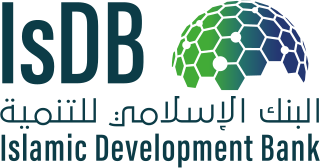
The Islamic Development Bank is a multilateral development finance institution that is focused on Islamic finance for infrastructure development and located in Jeddah, Saudi Arabia. There are 57 shareholding member states with the largest single shareholder being Saudi Arabia.
Health insurance or medical insurance is a type of insurance that covers the whole or a part of the risk of a person incurring medical expenses. As with other types of insurance, risk is shared among many individuals. By estimating the overall risk of health risk and health system expenses over the risk pool, an insurer can develop a routine finance structure, such as a monthly premium or payroll tax, to provide the money to pay for the health care benefits specified in the insurance agreement. The benefit is administered by a central organization, such as a government agency, private business, or not-for-profit entity.
Universal health care is a health care system in which all residents of a particular country or region are assured access to health care. It is generally organized around providing either all residents or only those who cannot afford on their own, with either health services or the means to acquire them, with the end goal of improving health outcomes.
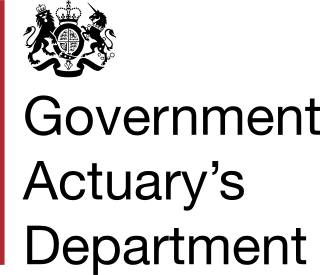
The Government Actuary’s Department (GAD) provides actuarial solutions including risk analysis, modelling and advice to support the UK public sector. It is a department of the Government of the United Kingdom.

Etihad Etisalat Company is a Saudi Arabian telecommunications services company that offers fixed line, mobile telephony, and Internet services under the brand name Mobily.
Health care in Saudi Arabia is a national health care system in which the government provides free universal healthcare coverage through a number of government agencies. There is also a growing role and increased participation from the private sector in the provision of health care services. Saudi Arabia has been ranked among the 26 best countries in providing high quality healthcare.

Saudi National Bank (SNB), also known as SNB AlAhli (Arabic: البنك الأهلي السعودي, formerly known as The National Commercial Bank, is the largest commercial bank in Saudi Arabia.
Most newspapers are privately owned but are subsidized and regulated by the government in Saudi Arabia. The "Basic Law" of the kingdom states that the mass media's role is to educate and inspire national unity; consequently, most popular grievances go unreported in Saudi Arabia. For instance, the invasion of Kuwait by Iraq in 1990 was not immediately reported in the Saudi Arabian mass media. As of 2013, BBC News reports that criticism of the government and the royal family and the questioning of Islamic tenets "are not generally tolerated. Self-censorship is pervasive." As of 2014, Freedom House rates the kingdom's press and internet "Not Free".

Alinma Bank is a Saudi joint stock company formed in accordance with Royal Decree No. M/15 dated 28 March 2006 and Ministerial Resolution No. 42 dated 27 March 2007. The bank was established with share capital of SAR 20 billion, consisting of 1.5 billion shares with a nominal value of SAR 10 per share. The company has more than 2,658 employees
Net Material Product (NMP) was the main macroeconomic indicator used for monitoring growth in national accounts of socialist countries during the Soviet era. These countries included the USSR and all the Comecon members. NMP is the conceptual equivalent of Gross Domestic Product (GDP) in the United Nations System of National Accounts, although numerically the two measures are calculated differently.

Omrania and Associates is an international architectural, engineering, and urban planning firm based in Riyadh, Saudi Arabia. Founded in 1973, it specializes in the design of contextual and high-performance design projects.
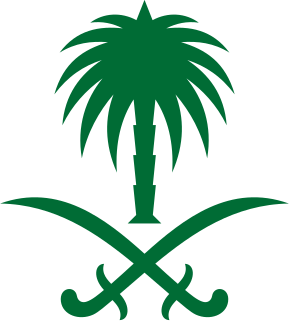
Foreign workers in Saudi Arabia, estimated to number about 9 million as of April 2013, began migrating to the country soon after oil was discovered in the late 1930s. Initially, the main influx was composed of Arab and Western technical, professional and administrative personnel, but subsequently substantial numbers came from Southeast Asia.

meem is the retail banking arm of Gulf International Bank B.S.C. (GIB), offering retail banking services to Bahraini and Saudi customers. It is intended to target the technophile customer base by offering Sharia-compliant, non-traditional banking services licensed by the Saudi Arabian Monetary Agency.
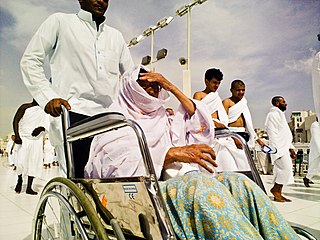
Disability in Saudi Arabia is seen through the lens of Islamic Sharia, through cultural norms and also through legislation. As an Islamic society that follows the Qur'an and the Sunnah, disability is often seen through the lens of religion. Islam teaches that people with disabilities are to be treated with respect and equality. However, Saudi Arabia tends to view disability through the medical model, rather than the social model. In addition, there are few studies relating to people with disabilities in Saudi Arabia compared to other countries.














